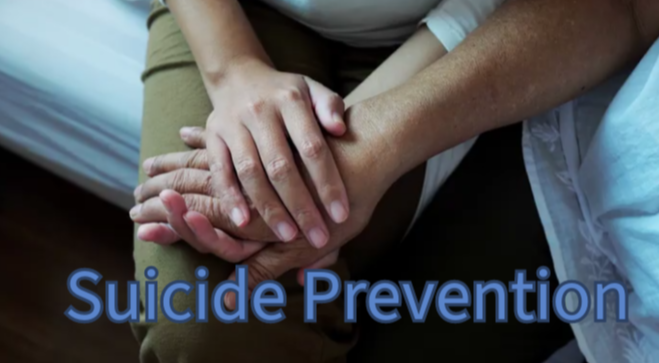
Suicide Prevention & Intervention
Professionals play a crucial role in providing education and awareness about suicide prevention and mental health issues. Here are some ways professionals contribute in this area
Suicide is a major public health concern, and it is crucial to have
effective prevention, intervention, and treatment strategies in place.
Suicide prevention efforts focus on reducing risk factors, such as
mental illness, substance abuse, and access to lethal means, while
also promoting protective factors, such as social support and access
to mental health care. Education and awareness campaigns are also
important in reducing stigma and increasing help-seeking behavior.
for healthcare providers and community members on how to
recognize and respond to signs of distress. Additionally, mental health
professionals can provide evidence-based interventions, such as
cognitive-behavioral therapy, to help individuals develop coping skills
and reduce suicidal thoughts.
Treatment for individuals who have attempted suicide or experienced
chronic suicidal thoughts involves comprehensive mental health care,
including therapy, medication, and support from loved ones. It is
essential that individuals receive ongoing care to address underlying
mental health issues and prevent future suicidal behavior.
Overall, a multifaceted approach to suicide prevention, intervention,
and treatment is necessary to address this complex public health
issue and save lives.
Call Suicide Hotline – call 988 or text HOME to 741741 24/7